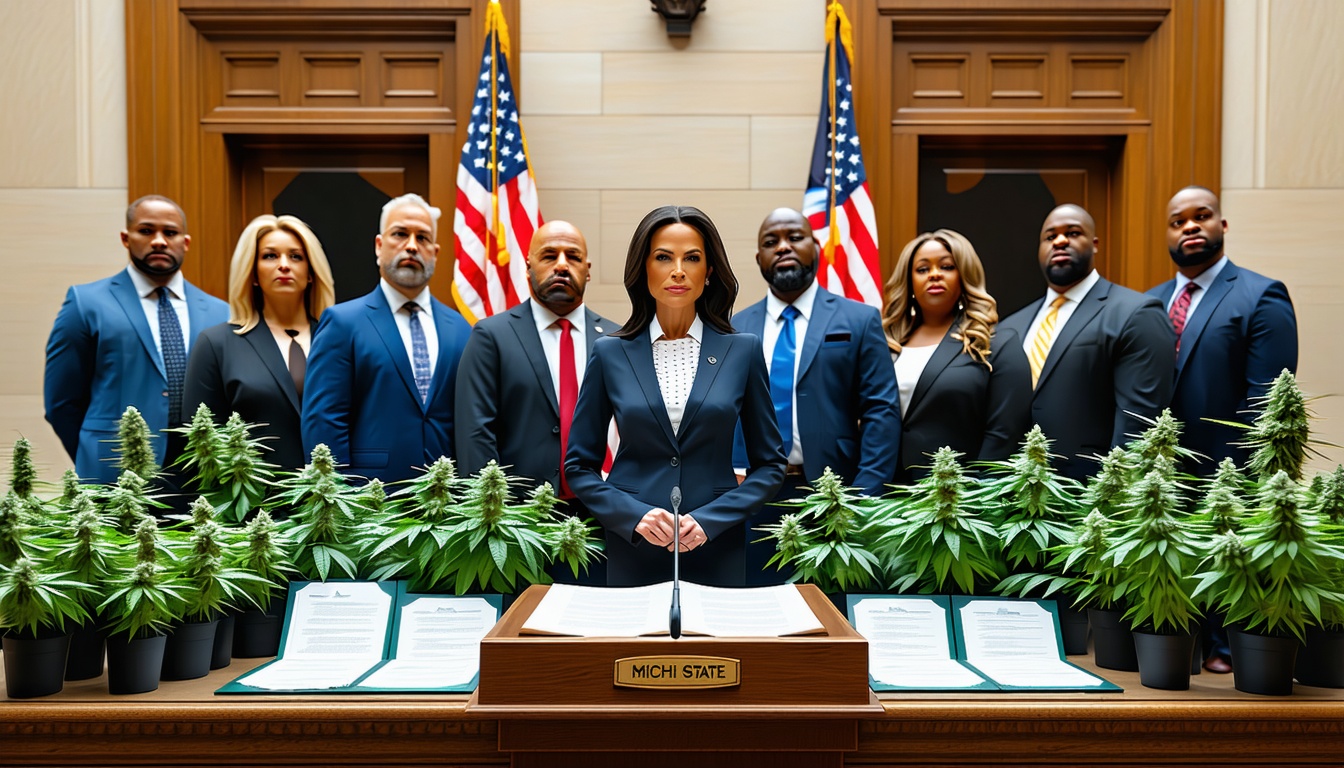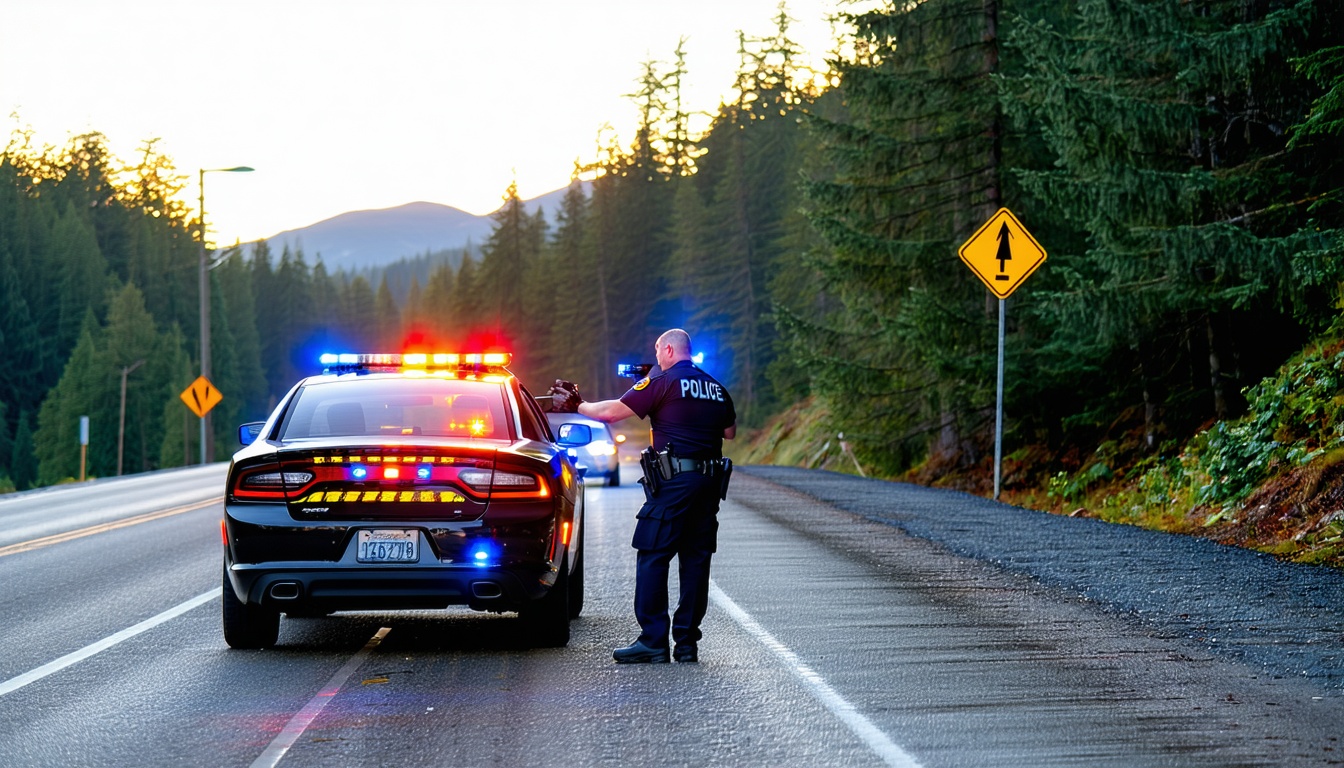Nebraska’s Medical Cannabis Program: One of the Most Restrictive in the Country
Nebraska’s medical cannabis program is shaping up to be one of the most restrictive in the country, with experts saying it is more conservative than other states with similar populations. The program, which was approved by voters in November, allows for the use of medical cannabis for certain medical conditions, but the regulations put in place by the Nebraska Medical Cannabis Commission are limiting the availability of the drug.
The commission has approved only four growers, which is a relatively small number compared to other states. Additionally, the commission has set a limit on the number of plants that can be grown, which is also lower than in other states. This has led to concerns that the program will not be able to meet the demand for medical cannabis.
Another issue with the program is the lack of access to delivery methods. The commission has only approved the use of creams, nebulizers, pills, suppositories, and tinctures, which is a limited number of options compared to other states. This has led to concerns that patients will not have access to the delivery method that works best for them.
The program has also been criticized for its low possession limit. Patients are only allowed to possess up to 5 grams of THC, which is a relatively low amount compared to other states. This has led to concerns that patients will not be able to get the amount of cannabis they need to effectively manage their symptoms.
Despite these limitations, the program has been praised by some for its focus on patient safety and the potential for it to help patients who are in need of medical cannabis. However, many experts believe that the program is too restrictive and that it will not be able to meet the demand for medical cannabis in the state.
Overall, Nebraska’s medical cannabis program is one of the most restrictive in the country, and it has been criticized for its limitations on access and possession. While it has the potential to help patients who are in need of medical cannabis, it is unclear whether it will be able to meet the demand for the drug in the state.












